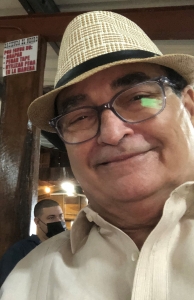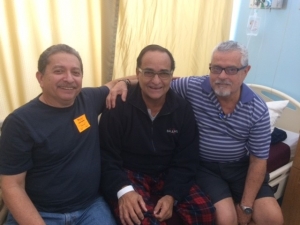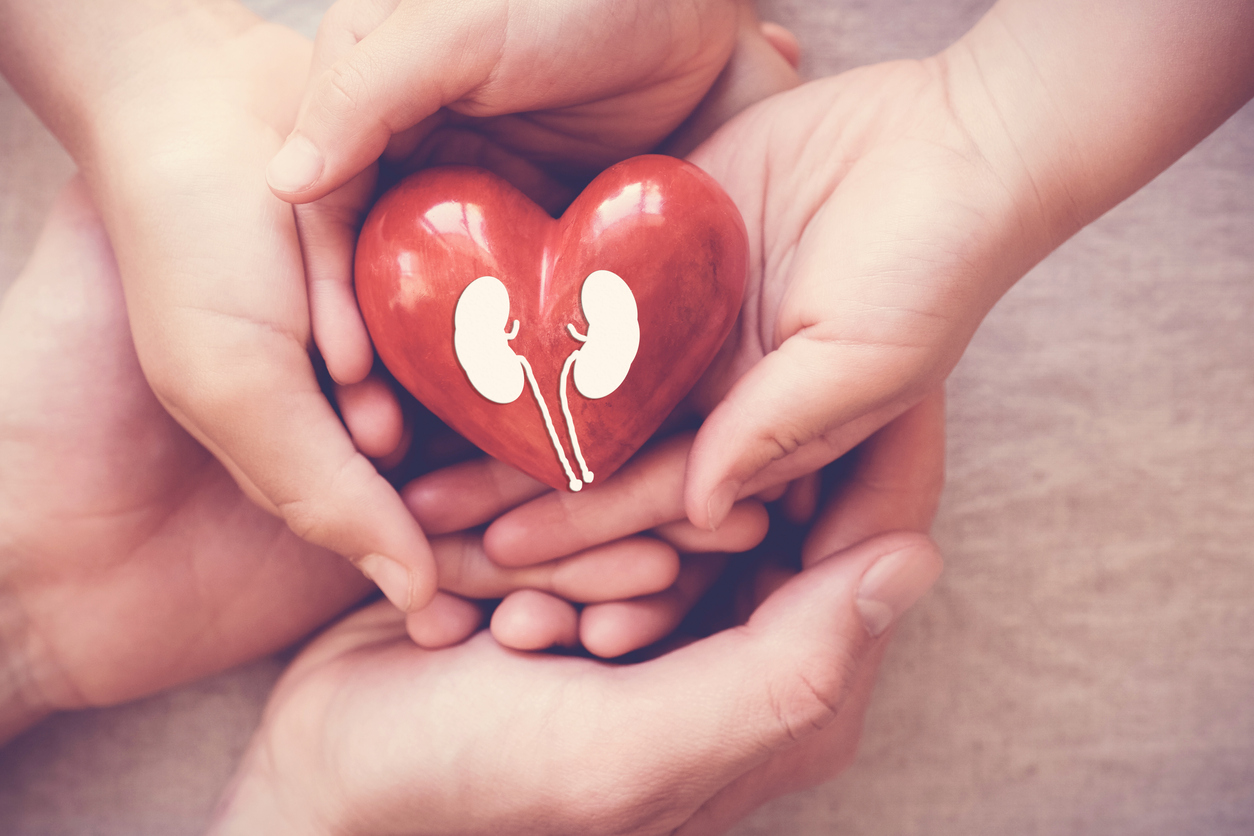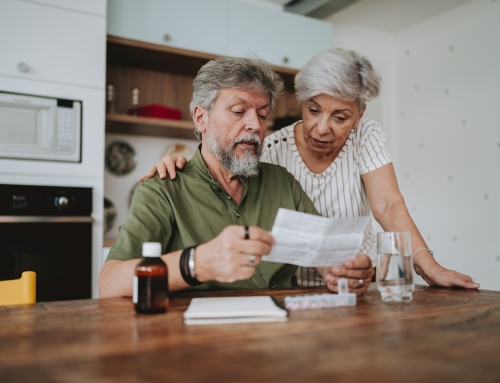
By Orlando A. Torres
After a 30-year battle with chronic kidney disease (CKD), in 2016 I had Stage Five kidney failure. This was the end of a three-decade battle which took countless hours of treatment. For years, I had been followed medically for CKD, having a special test done monthly and eating a special diet. As a CKD patient, my condition affected other organs in my body. The number of regular activities I could do also declined, but I never quit and refused to accept those limitations. I never let CKD limit what I did. I think it is important to try to work through the potential limitations of CKD to have a strong mental attitude.
Exactly four years ago, when Hurricane Maria had a direct impact and caused devastation to my home island in the Caribbean, Puerto Rico, there were major losses of services and food limitations for months and years after the impact. My medical condition also caused a type of “worst case scenario.” In November 2017, my hemoglobin went down to 8.0 level and my long-term nephrologist told me to go to the hospital. Then, in December, the surgeon created my vascular access and the same day around 11:00 pm I had my first dialysis treatment.

Orlando’s first day of dialysis in hospital with friends Roberto Ortiz and Abimael Rodriguez
After one week in the hospital, I started outpatient dialysis at a local dialysis facility. The first two weeks on dialysis were horrible. One day I realized that somehow this experience needed to be transformed into a positive experience and I made a plan to have a level of satisfaction in the dialysis process.
I decided to become more involved in my care and dialysis treatment. I felt that self-management and being actively involved in my treatment were important to me. I was determined to be involved in all treatment decisions and I would have the final say. Although my health care team was concerned that I would oversee all decisions, they came to understand that the care of my health was driven by me, and they were going to be my advisors. The final decision was my responsibility.
My position was unusual for the health care team, but at the end of the day it is my body, my life and I have the legal rights to control my treatment.
After 16 months of incenter dialysis treatment, I decided to do home dialysis using NxStage equipment. It worked perfectly for the next year.
In 2016, one year prior to starting dialysis, I initiated the process to find a transplant center and potential donor. After many trips to centers, interviews, and pre- acceptance medical clearance tests through those years, we found a great, healthy donor who passed all the tests as a donor except one – her blood was not compatible with mine. But she learned about and decided to participate in a new federal program called “EXCHANGE TRANSPLANT”. The program would receive her kidney as an altruist donation to a stranger and the system also would find an altruistic donor for me.
In November 2020, I received the call from the Methodist Dallas Hospital that a transplant was available. One altruist donor had a kidney compatible with me, and my partner in the program agreed to make her kidney donation to a stranger with the objective that I receive the gift of life. In other words, I thank the person who initially wanted to be my donor but then became part of the Exchange Transplant program when that was not possible. This created the scenario for me to receive my actual kidney from another beautiful donor in the Exchange Program. This person gave me this new opportunity to live and enjoy life with my relatives, especially with my wife and sons and our three grandsons. To both kidney donors, my eternal gratitude.
Today, closing my first year as a transplanted patient, I value the “gift of life” I received and concentrate my time on taking care of my transplant and working with other patients who need my support.
Also, I am involved in work with the American Association for Kidney Patients (AAKP), Dialysis Patient Citizens (DPC) and the American Kidney Fund (AKF), with the objective to expand the scope of the services for my community.
The author, Orlando Torres, is a DPC Patient Ambassador who lives in Guaynabo, Puerto Rico.




